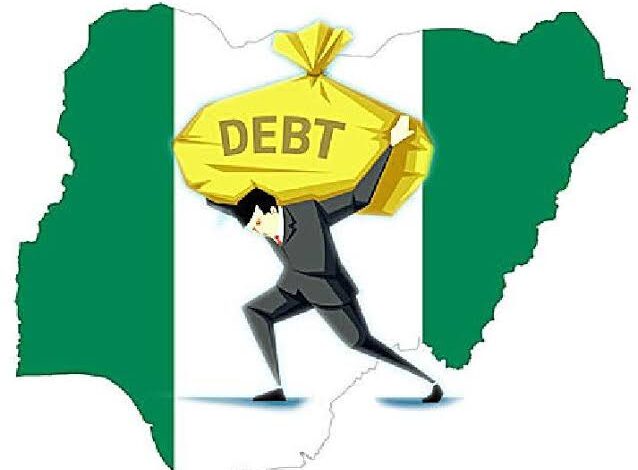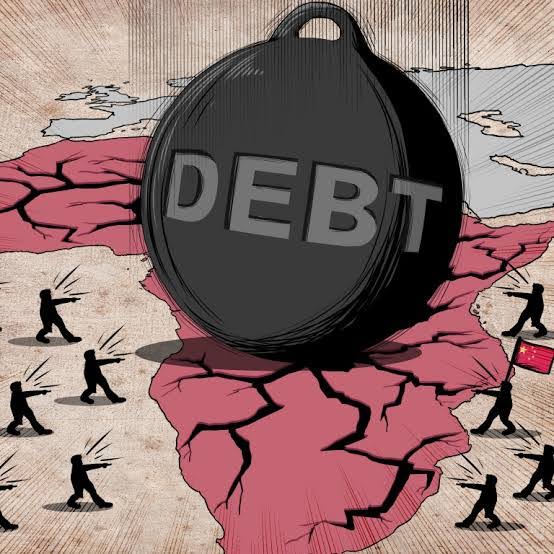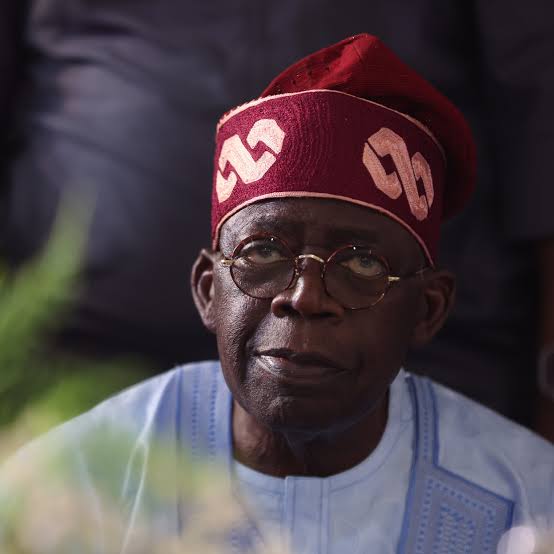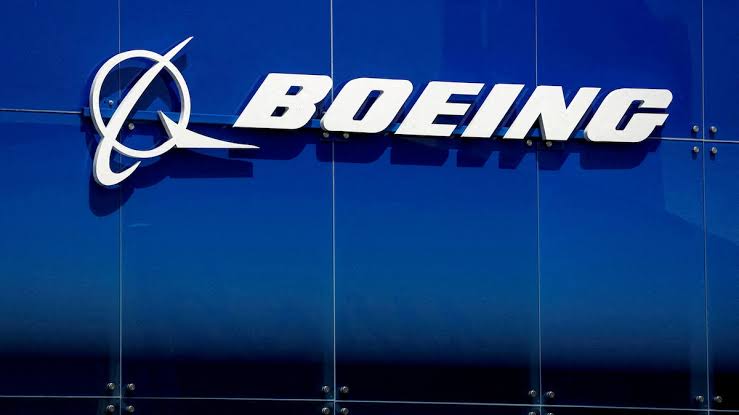
Faith Nyasuguta
For the first time in its history, Nigeria’s debt has become a major cause for concern. This alarming development for Africa’s largest economy is due to its increased debt-to-GDP ratio coupled with a high debt service-to-revenue ratio. A recent report published last week indicates that the country’s debt-to-GDP ratio now exceeds 50%.
The Debt Management Office of Nigeria recently released a report detailing the country’s total public debt stock. According to the report, Nigeria’s current total outstanding domestic debt stands at N65,646,263.25 (USD 42,832.43) while its total outstanding external debt stands at N56,024,618.24. This brings the total debt to N121,670,881.49 (USD 79,386.99).

As reported by Nairametrics, the country’s total GDP was N229.9 trillion in nominal terms towards the end of last year, but it grew by only 2.74% in real terms.
Consequently, the country’s debt-to-GDP ratio has surpassed 50% for the first time. This new development leaves Nigeria with little room to acquire more loans at a time when its economy is highly vulnerable. Typically, with a lower debt-to-GDP ratio, Nigeria would spend a smaller proportion of its national budget on interest payments.
Since the previous administration, which lasted eight years, Nigeria’s debt has been on the rise. From 2015 to 2023, the country’s debt increased from N12.6 trillion to N97.3 trillion, meaning an average annual increase of N10.6 trillion. However, in the first quarter of 2024 alone, N7.71 trillion was added to the already expanding debt stock, pushing the country’s debt past a threshold that is typically seen as unsustainable.
The current administration under President Tinubu recently acquired a $500 million loan from the World Bank, with a promise to secure an additional $2.25 billion. Among Africa’s largest economies, Nigeria has always maintained a relatively low debt-to-GDP ratio compared to countries like Kenya, Ghana, and South Africa, which have ratios of 70.1%, 84.9%, and 72.2% respectively.

Despite this, the report by Nairametrics highlights that while these countries have significantly higher debt-to-GDP ratios, Nigeria’s capacity to meet its debt service commitments has always been hampered by its high debt service-to-revenue ratio. This situation highlights the growing financial strain on the nation and the need for strategic economic measures to manage and reduce the burgeoning debt.
RELATED:




